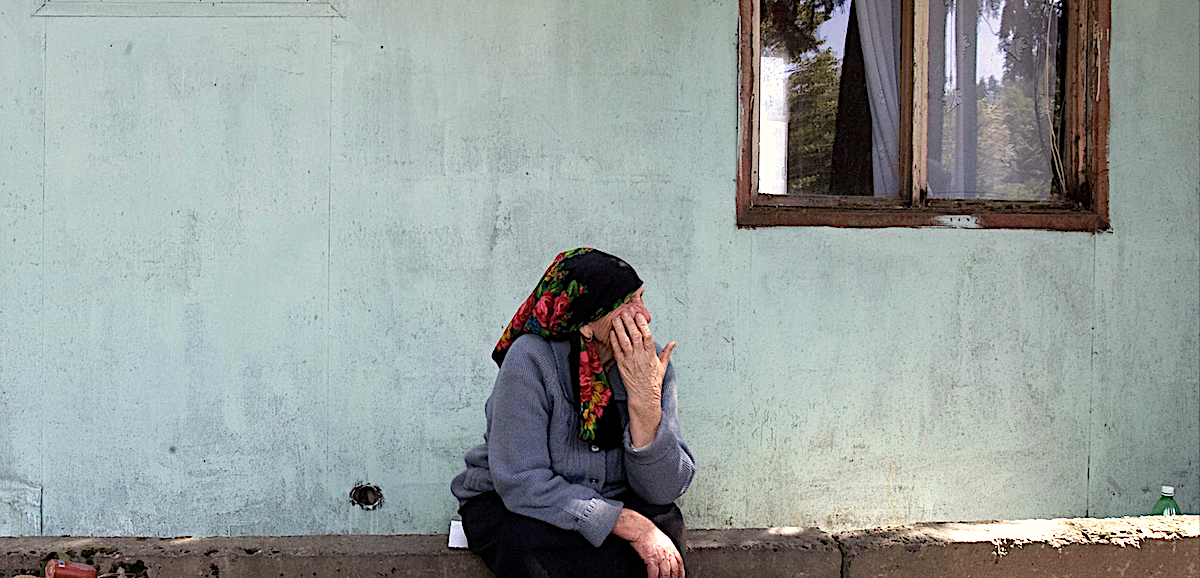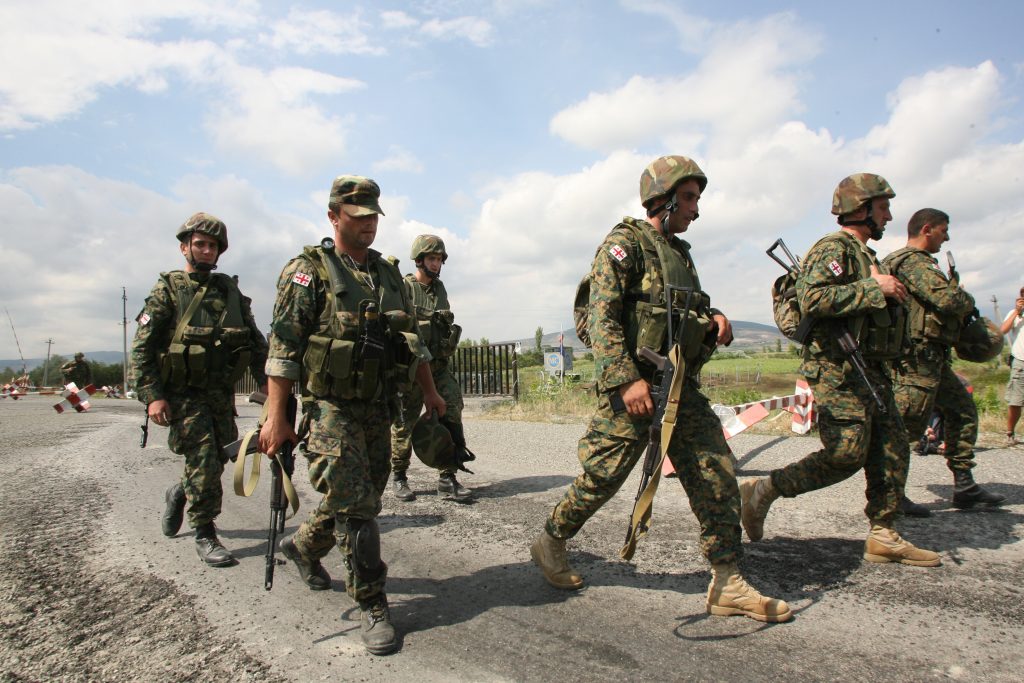Investigation of crimes committed during August 2008 war completed: What does it mean?
Investigation of crimes in the 2008 war
The International Criminal Court in The Hague has completed its investigation of war crimes and crimes against humanity committed during the Russo-Georgian August war which took place on July 1 to October 10, 2008.
The decision to end the investigative phase was made for the first time in the twenty-year history of the Hague court, prosecutor Karim Khan said.
“Today I can confirm that, apart from cases pending at the International Criminal Court, my office will no longer continue to investigate the alleged criminal responsibility of others or other actions within the framework of the situation in Georgia. Accordingly, since the circumstances have not changed significantly, the investigation phase of the situation in Georgia has ended. I have already informed the Georgian authorities of this decision,” the prosecutor said.
His statement also says that during the investigation his office examined all the evidence presented by the parties to the conflict regarding the alleged crimes.
The Hague did not charge any Georgian ordinary military or high-ranking official with crimes against humanity or war crimes.
In the summer of 2022, the Hague Court issued arrest warrants for three former South Ossetian officials for involvement in such crimes:
Mikhail Mindzaev (in 2005-2008 Minister of Internal Affairs of the self-proclaimed Republic of South Ossetia);
Hamlet Guchmazov (in 2008 head of the pre-trial detention center of the Ministry of Internal Affairs of South Ossetia);
and Davide Sanakoev (in 2008 Commissioner of the President of South Ossetia on human rights issues; currently a deputy.
According to the International Criminal Court, these people are responsible for unlawful deprivation of liberty, torture and inhuman treatment, humiliation of human dignity, hostage-taking and illegal displacement of civilians.
In addition, the court revealed the involvement Major General of the Armed Forces of the Russian Federation Vyacheslav Borisov in war crimes. In 2008, Borisov was deputy commander of the Airborne Forces. He is now dead, so no warrant has been issued.
Tbilisi’s reaction
The decision of the Hague Court in Georgia received positive assessments from both the government and the opposition.
“The decision of the Hague court clearly confirmed that the truth is on the side of Georgia from beginning to end… The Hague once and for all said that the truth in this war is on the side of the Georgian people and Georgian heroes,” Minister of Justice Rati Bregadze said.
“Once again it has been clearly proven that our heroes who fought in the 2008 war did not make mistakes and scrupulously followed all legal norms during the war. Glory to their memory once again,” he said.
According to Bregadze, a huge role in this process was playing by the ruling Georgian Dream party, which “did everything to perpetuate the memory of Georgian heroes,” and “the Ministry of Justice, together with all other departments, did a great job.”
Nika Melia, leader of the opposition National Movement Party, said:
“All accusations against the Georgian military have been rejected, all accusations against the Supreme Commander-in-Chief of Georgia Mikheil Saakashvili have been rejected. Georgia was acquitted… not a single Georgian committed a crime!”
Expert Paata Zakareishvili reacted to the decision on air of the Pirveli TV channel and noted that he expected more:
“The result is miserable: only one, already dead, Russian general and three Ossetians will be punished. They spared both Georgia and Russia. And Tskhinvali was also treated without any particular rigor. The case is closed, and everyone can sleep peacefully — both in Moscow and in Tbilisi. I expected more. Kokoity [President of South Ossetia at that time] was not on the list. Virtually no one was affected [by the decision of the Hague Court]. This is an exceptional case when the matter was closed, and these three turned out to be extreme.
When the Hague court took up the case, the attitude towards Russia was more cautious and balanced. They perfectly understood that “now is not the time to punish Russia.” From the very beginning, in my opinion, things went in the direction of easy intermediate solutions. What we have now was decided even before the war [in Ukraine]. Then we thought that this would continue, but the war it seems stopped all this.”
● Tbilisi filed a lawsuit against Russia with the ICC in 2008. In January 2016, the First Pre-Trial Chamber agreed to open an investigation into war crimes and crimes against humanity committed by the Georgian, Ossetian and Russian sides before, during and after hostilities, namely between 1 July 2008 and 10 October 2008.
● In March 2022, the alleged facts of illegal detention, ill-treatment, hostage-taking and subsequent illegal deportation of civilians and ethnic Georgians became known.
● The jurisdiction of the ICC extends to crimes committed on the territory of the states parties to the Rome Statute (Georgia is one), regardless of the nationality of the perpetrators. From the point of view of international law, South Ossetia is part of the territory of Georgia, which means that the jurisdiction of the ICC extends to crimes committed in South Ossetia for which Russian citizens are responsible, although Russia is not a party to the Rome Statute.




















